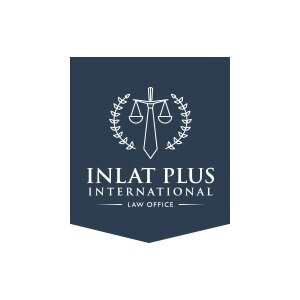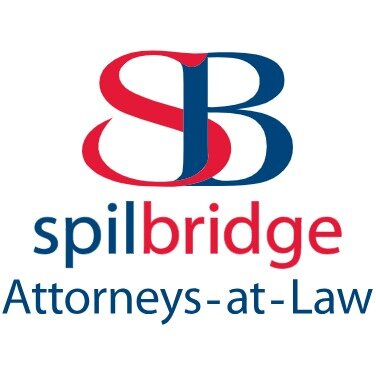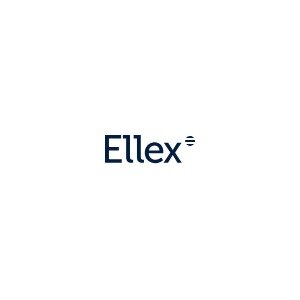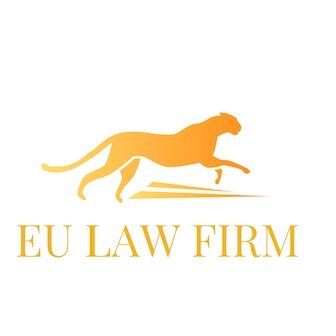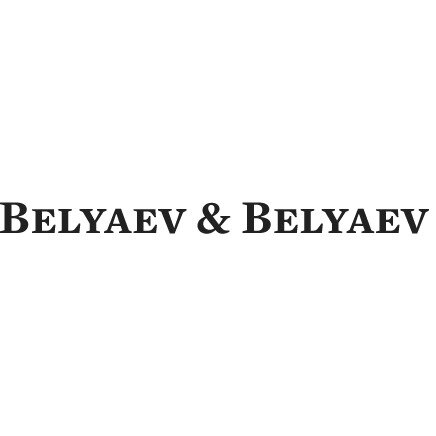Best Acquisition / Leveraged Finance Lawyers in Riga
Share your needs with us, get contacted by law firms.
Free. Takes 2 min.
List of the best lawyers in Riga, Latvia
About Acquisition / Leveraged Finance Law in Riga, Latvia
Acquisition and leveraged finance law refers to the legal frameworks and procedures governing how individuals and businesses fund the purchase of companies or assets, often by borrowing a substantial portion of the purchase price. In Riga, Latvia, this field is particularly active due to the city’s status as a key regional business hub and its integration within the European Union's economic and legal landscape. Latvian acquisition finance transactions often involve various domestic and international lenders, security arrangements, and compliance with both Latvian and EU regulatory standards. Leveraged finance, commonly used in management buyouts, mergers, and acquisitions, enables parties to maximize transaction value while managing liquidity risk and regulatory requirements.
Why You May Need a Lawyer
Legal assistance is essential in acquisition and leveraged finance matters due to the complex nature of these transactions. You may need a lawyer if you are:
- Looking to acquire a company or substantial business assets in Latvia
- Considering financing a purchase through bank loans, private lenders, or other debt instruments
- Drafting, negotiating, or reviewing term sheets, loan agreements, and security documents
- Structuring a management buyout or leveraged buy-in
- Managing cross-border transactions that involve Latvian legal requirements
- Faced with regulatory and compliance issues related to capital markets or anti-money laundering
- Seeking to mitigate legal, tax, and financial risks throughout the transaction process
Local Laws Overview
Acquisition and leveraged finance in Riga, Latvia is governed by several laws and regulations:
- The Civil Law of Latvia and the Commercial Law structure company formation, purchase, and ownership transfer rules.
- The Financial Instrument Market Law regulates publicly listed company acquisitions and disclosure obligations.
- Latvia’s insolvency and collateral laws outline how security interests in assets are created and enforced, which is critical for lenders.
- Anti-money laundering (AML) and know-your-customer (KYC) laws, in line with EU directives, are strictly enforced and require documentation and transparency in all financial transactions.
- Merger control and competition laws require that significant business combinations be notified to and cleared by the Competition Council of Latvia if certain thresholds are met.
- Tax laws may impact transaction structures, including capital gains, VAT, and withholding taxes, so proper planning is essential.
Frequently Asked Questions
What is acquisition finance?
Acquisition finance is the funding used to purchase a company or business assets. It often involves loans, bonds, or private equity and requires careful legal structuring to protect all parties involved.
What is leveraged finance?
Leveraged finance refers to funding strategies that use significant amounts of borrowed money to complete an acquisition, increasing the potential return but also the risk.
Do I need to notify authorities if I am buying a company in Latvia?
If the acquisition meets certain turnover thresholds or involves regulated industries, you may need to notify and obtain permission from the Competition Council or other regulators before proceeding.
What security can a lender take in Latvia?
Lenders can secure loans with various forms of collateral, such as shares, real estate, bank accounts, receivables, or movables. Proper registration and documentation are vital for enforceability.
Are there restrictions on foreign buyers?
Latvia generally allows foreign investment, but some strategic sectors and land acquisitions are restricted or subject to additional scrutiny.
How are acquisition finance transactions usually structured?
Transactions are typically structured as a mix of equity and debt, with clear agreements specifying the responsibilities, repayment terms, covenants, and collateral.
What role do lawyers play in these transactions?
Lawyers advise on structuring, draft and negotiate documents, conduct legal due diligence, coordinate with regulators, and help close the transaction while minimizing risks.
What are the main regulatory challenges?
Regulatory challenges may include satisfying AML/KYC obligations, competition law requirements, licensing, foreign investment rules, and compliance with EU financial regulations.
What should I look out for during due diligence?
You should review the target’s legal status, assets, liabilities, employee matters, regulatory compliance, and any existing security interests or legal disputes.
Can loan agreements be governed by foreign law?
Parties to acquisition or leveraged finance transactions can agree on a foreign law to govern loan documents, but Latvian law will generally apply to perfection and enforcement of security over Latvian assets.
Additional Resources
For further information and support on acquisition and leveraged finance in Riga, Latvia, consider the following resources:
- Latvian Association of Commercial Banks
- The Financial and Capital Market Commission (FKTK)
- Latvian Chamber of Commerce and Industry
- Competition Council of Latvia
- State Revenue Service of Latvia (VID) for tax matters
- Latvian Bar Association for referrals to qualified legal professionals
Next Steps
If you need legal assistance for acquisition or leveraged finance in Riga, Latvia, consider the following steps:
- Gather all relevant documents regarding your intended transaction, including company information, proposed financing arrangements, and any communications with lenders or sellers.
- Consult with a local lawyer experienced in corporate finance and acquisitions. Ensure the lawyer has knowledge of both Latvian and cross-border transactions if your deal involves international elements.
- Discuss your goals, timeline, and any concerns related to regulatory compliance, tax, or risk exposure.
- Let your lawyer conduct a legal due diligence review and advise on structuring, documentation, and negotiation with other parties.
- Stay informed and involved throughout the process, asking questions and reviewing documents carefully before signing anything.
Lawzana helps you find the best lawyers and law firms in Riga through a curated and pre-screened list of qualified legal professionals. Our platform offers rankings and detailed profiles of attorneys and law firms, allowing you to compare based on practice areas, including Acquisition / Leveraged Finance, experience, and client feedback.
Each profile includes a description of the firm's areas of practice, client reviews, team members and partners, year of establishment, spoken languages, office locations, contact information, social media presence, and any published articles or resources. Most firms on our platform speak English and are experienced in both local and international legal matters.
Get a quote from top-rated law firms in Riga, Latvia — quickly, securely, and without unnecessary hassle.
Disclaimer:
The information provided on this page is for general informational purposes only and does not constitute legal advice. While we strive to ensure the accuracy and relevance of the content, legal information may change over time, and interpretations of the law can vary. You should always consult with a qualified legal professional for advice specific to your situation.
We disclaim all liability for actions taken or not taken based on the content of this page. If you believe any information is incorrect or outdated, please contact us, and we will review and update it where appropriate.



